International shipping is the backbone of global trade, and for a country like Iran — located at the crossroads of Asia, Europe, and the Middle East — maritime transport plays a vital economic role. However, Iran’s shipping and logistics industry has faced decades of challenges due to international sanctions. These sanctions, imposed by various governments and global institutions, have affected not only Iran’s oil exports but also its ability to engage in normal global trade. Understanding how sanctions impact international shipping from Iran is essential for businesses, freight forwarders, and global logistics partners seeking to navigate this complex environment.
1. The Background of Sanctions on Iran
Over the past several decades, Iran has been subjected to multiple layers of sanctions imposed by the United States, the European Union, and the United Nations. These measures were originally introduced to limit Iran’s nuclear activities and influence in the region. While some sanctions target specific industries such as banking or energy, others have a broader impact on the country’s trade and logistics network.
Even though certain sanctions were lifted under the 2015 Joint Comprehensive Plan of Action (JCPOA), many were later reimposed in 2018, once again restricting Iran’s ability to trade freely. This cycle of sanctions and partial relief has led to ongoing uncertainty within Iran’s international shipping sector.
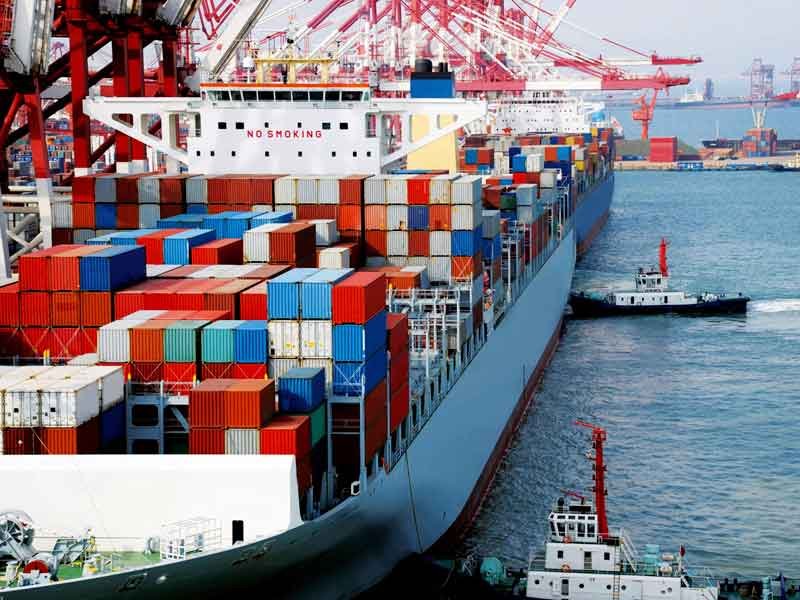
2. Direct Effects on Iran’s Shipping Industry
The sanctions have reshaped every layer of Iran’s maritime and logistics operations — from access to insurance to vessel registration and banking transactions. Here are the main ways these restrictions influence international shipping:
- Limited Access to International Shipping Lines
Many major global shipping companies, including Maersk, MSC, and CMA CGM, have halted or significantly reduced operations in Iran to avoid secondary U.S. sanctions. This has forced Iranian exporters to rely on local carriers, regional lines, or third-party intermediaries.
- Result: Fewer available vessels and higher freight rates for exports and imports.
- Restrictions on Marine Insurance
International maritime law requires vessels to have valid Protection and Indemnity (P&I) insurance. Sanctions have restricted Iranian shipping companies from accessing Western insurers, making it difficult for ships to dock at foreign ports or transit through international waters.
- Result: Increased operational risks and limited international acceptance of Iranian-flagged ships.
- Financial and Banking Limitations
Perhaps the most significant impact comes from the inability to process international payments. Since most global trade is conducted in U.S. dollars, Iran’s exclusion from the SWIFT financial system has made it nearly impossible to carry out normal bank-to-bank transactions.
- Result: Traders often resort to barter deals, cryptocurrency payments, or third-country intermediaries, which complicate shipping contracts.
- Port and Customs Challenges
Some ports and customs authorities worldwide are cautious about handling Iranian cargo due to compliance concerns. This creates delays, rerouting of shipments, and additional administrative costs.
- Result: Longer delivery times and less predictability in logistics planning.
3. Indirect Effects on Global Trade
Sanctions on Iran have ripple effects beyond its borders. Neighboring countries, logistics firms, and multinational corporations also face operational challenges when dealing with Iranian trade.
- Regional Supply Chain Disruptions: Sanctions have disrupted regional routes, especially those involving the Persian Gulf, Turkey, and the Caspian Sea.
- Rising Shipping Costs: Due to limited carriers and increased risk premiums, freight costs for routes involving Iran are often 20–30% higher than normal.
- Shift Toward Alternative Hubs: Some businesses have relocated operations to nearby trade hubs like Dubai, Oman, or Turkey to avoid direct exposure to sanctions.
Despite these difficulties, Iran’s strategic location continues to attract interest from global logistics operators looking for overland alternatives between Asia and Europe.
Read more: International Ocean Freight to Iran
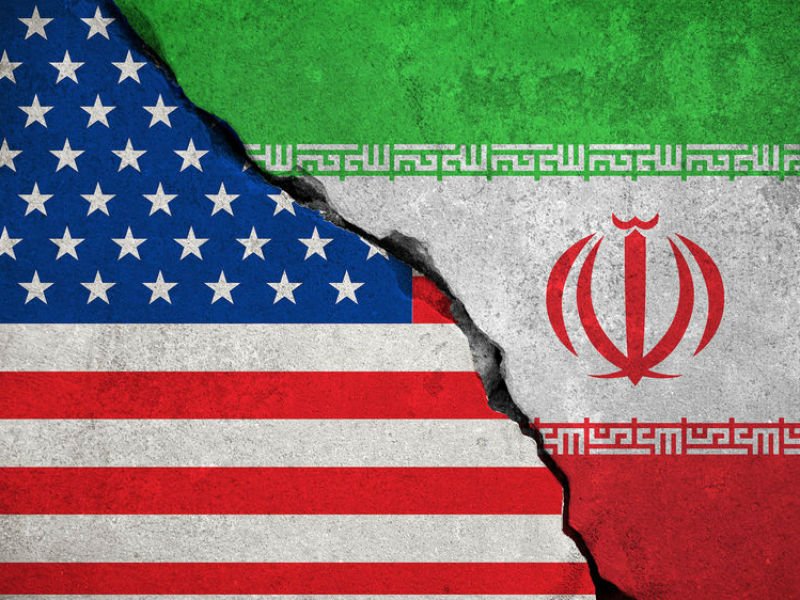
4. Iran’s Response and Adaptation
Iran has taken several steps to mitigate the effects of sanctions and sustain its role in international shipping.
- Development of Local Shipping Lines
Iran’s national carrier, Islamic Republic of Iran Shipping Lines (IRISL), has expanded its fleet and created subsidiaries registered under foreign flags to maintain access to international routes.
- Strengthening Regional Partnerships
Iran has deepened trade cooperation with neighboring countries such as China, Russia, India, and Turkey. These nations, less influenced by Western sanctions, have become crucial trade allies.
- The Chabahar Port, developed in partnership with India, serves as a vital outlet for international trade, bypassing some sanctions-related restrictions.
- Use of Barter and Alternative Payment Systems
To overcome banking limitations, Iran has developed creative trade mechanisms such as goods-for-goods exchanges, local currency settlements, and, more recently, cryptocurrency transactions.
- Expansion of Overland Routes
Iran has invested in overland transit infrastructure through corridors like the International North–South Transport Corridor (INSTC) and the Silk Road Economic Belt, reducing dependency on maritime routes affected by sanctions.
Read more: Shipping to the GCC Countries
5. Impact on Importers and Exporters
For businesses involved in Iranian trade, sanctions mean more than just legal restrictions — they directly affect cost, timing, and logistics planning.
- Longer Shipping Times: Due to vessel rerouting and port restrictions.
- Higher Freight Rates: Fewer carriers lead to limited competition and higher prices.
- Complex Documentation: Exporters must comply with evolving sanction lists and licensing requirements.
- Uncertain Delivery: Payment delays and insurance issues make transactions unpredictable.
However, many companies still find ways to work within the legal boundaries, often using authorized humanitarian channels, regional re-export networks, or special trade agreements between Iran and non-Western countries.
Read more: How to Reduce International Shipping Costs Without Compromising Quality
6. Future Outlook
The future of Iran’s international shipping industry depends largely on global diplomatic developments. If a new nuclear deal or trade agreement is reached, many restrictions could be eased, allowing Iran’s maritime sector to re-enter global markets more freely. In the meantime, the country’s growing partnerships with Asian powers and its investment in regional logistics corridors will continue to shape its trade landscape.
Iran’s resilience and innovation in logistics have shown that even under pressure, the country remains a vital link in the global trade network.
Conclusion
Sanctions have undeniably complicated Iran’s participation in international shipping, affecting everything from freight rates to financial transactions. Yet, Iran’s strategic geography, vast natural resources, and commitment to developing local and regional partnerships ensure that it continues to play a meaningful role in global logistics. For international companies, understanding these dynamics is key to navigating the risks — and opportunities — of trade with Iran.
FAQs
Yes, Iran continues to export goods such as petrochemicals, minerals, and agricultural products through legal channels and regional trade partnerships, though under stricter conditions.
Sanctions restrict access to insurance, financing, and global shipping networks, forcing Iranian companies to use alternative flags, regional routes, or non-Western partners.
Chabahar Port, supported by India, allows Iran to maintain trade links with South Asia and Central Asia, offering a partial workaround to sanctions-related maritime restrictions.
Yes. Humanitarian goods (like food and medicine) and transactions approved under specific international exemptions are legally permitted, provided they comply with relevant regulations.

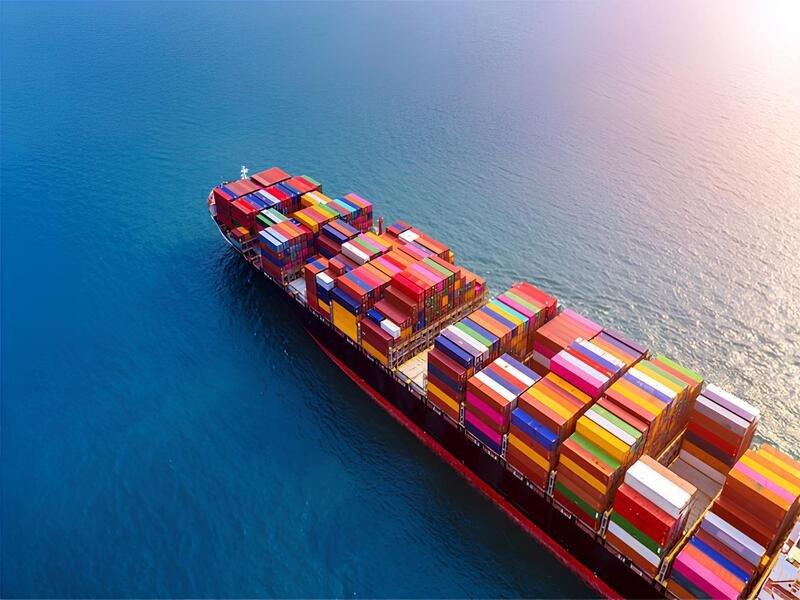

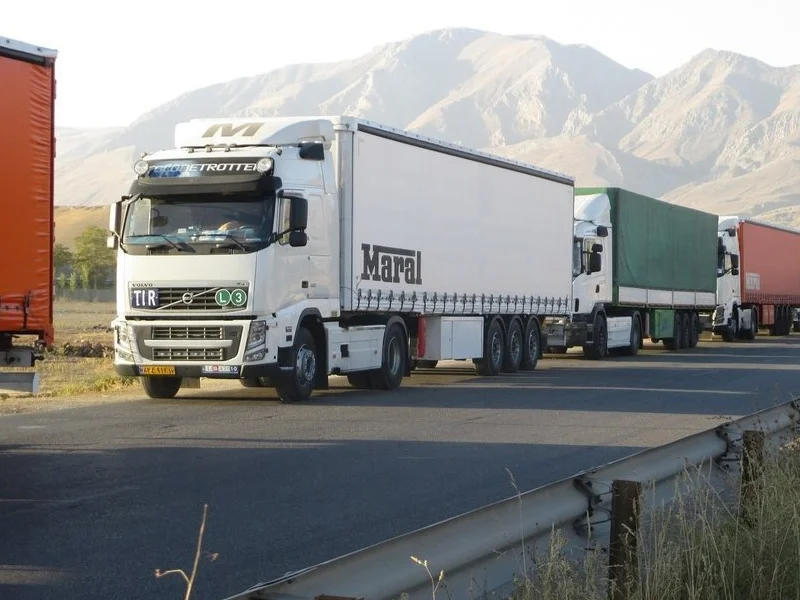
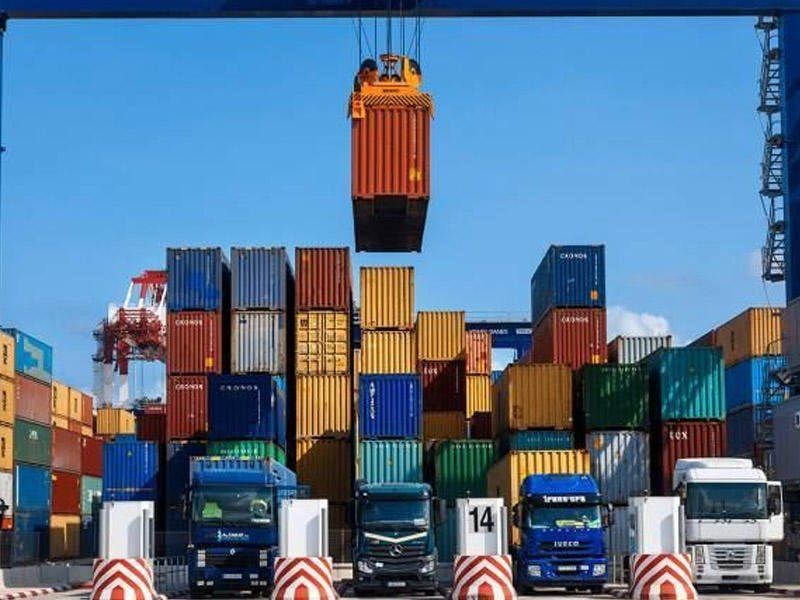
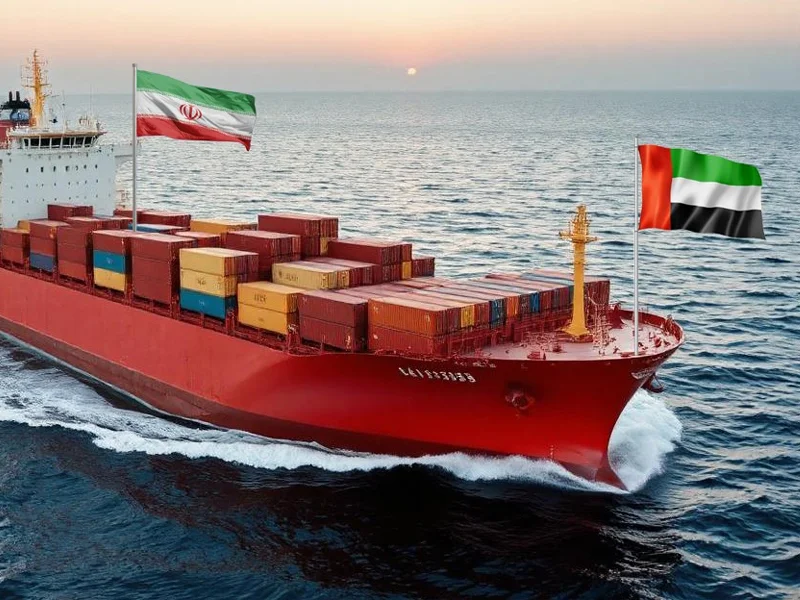
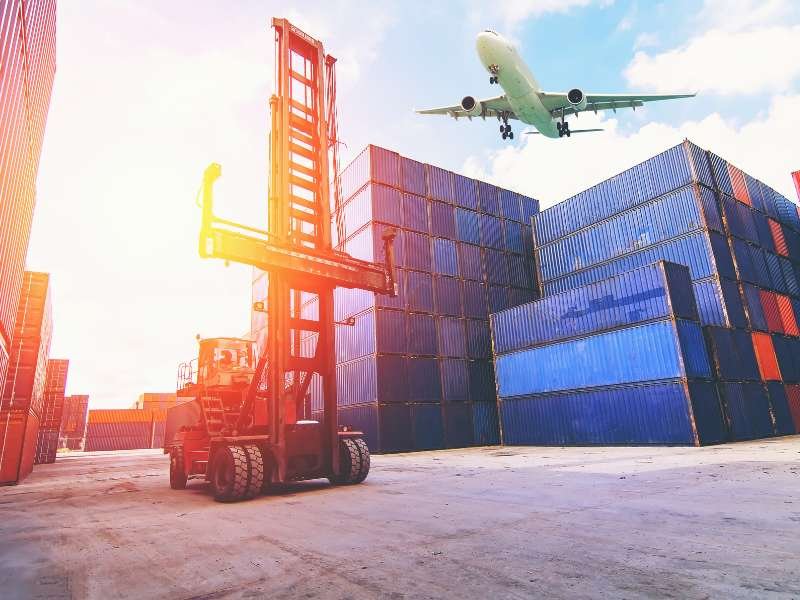


Recent Comments